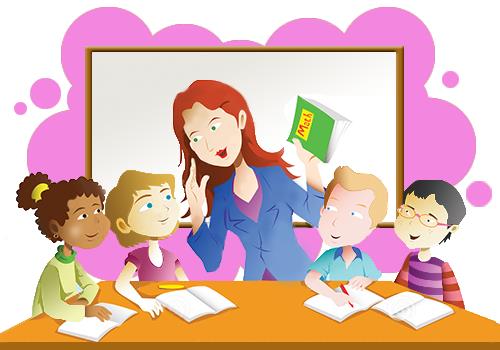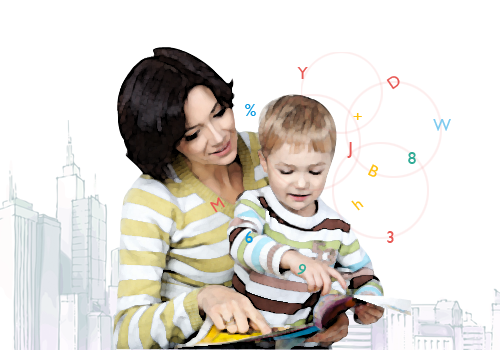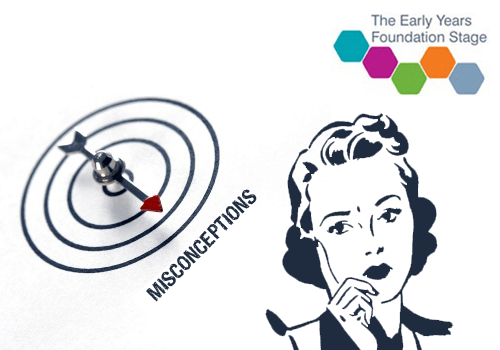If the beginning is good, everything else will be fine. So, always start the education of your child with the best team. Early years are always very important because it decides the future. To select best for your kids is the parents’ responsibility. Early Years Foundation Stage (EYFS) sets standards for the learning development and of children from birth to five years.
All the early education providers must adopt EYFS. This will surely help the parents and teachers to trace the path of development of their child. EYFS supports a new and integrated approach towards early learning and care. This sets some common principals and ways or routine for all the practitioners who provide early education and childcare.
Edsys provides EYFS Management Software which makes it easy to follow the EYFS system for parents and teachers. Once we adopt EYFS system, there are a lot of advantages.
- EYFS system helps the teachers to understand and evaluate each child separately. The teachers can keep separate profiles for each child with all the minute details of their development. That will provide equal attention for each child
- This will help the teacher to explain the activities of the child at school to the parents. The teacher will take pictures or videos of a child’s activities and they can keep it as a record of the child’s developmental stages. Those pictures and videos will communicate with the parent more than verbal discourses
- Both the providers and parents can add comments and grades to the photos. They can have discussions about their child with the support of this data
- The providers with the help of these images will help the parents to understand the different tastes, abilities and caliber of their own child. So, the parents can easily design their future according to their taste and ability
- Some children may have some special skills in some particular areas like drawing, manufacturing, singing, dancing, by-hearting etc. So parents can help their children to polish their skills
- Just like the kids are having some good skills, sometimes they may have some inabilities or weakness. That can also be identified in EYFS system. The early identification will help to find solutions for such problems easily.
- If the teachers use advanced technologies with EYFS, they can easily share data with parents with e-mail or Bluetooth. The software introduced by Edsys to support EYFS activities can be used even with a Smartphone.
- Connecting EYFS software with Parent Portal will enable easy parent-teacher interaction. The information of a particular child can be visible to the parents too.
- When some details of a child are necessary, it can be collected easily and completely. That makes developmental evaluation properly and systematically.
- With the lively moments captured in the classroom, the teacher can make collages and post cards which is also a part of EYFS curriculum.
- Following the EYFS curriculum in a systematic way, the teachers can easily make the monthly or yearly reports in the form of PDF. With these reports, the evaluation of learning and other developments of the child can be easily conducted.
Moreover, EYFS curriculum follows child-led learning and it is play-oriented. That makes the children more creative and energetic. They will start loving education. It gives them much freedom and exposure. It will enable them to have a wonderful personality.EYFS curriculum has very good perspective to make the future generation smart and active. Now it is followed by early education providers mainly in UK. But can be tried everywhere. Following its standard is necessary for the success. We can develop a wonderful young generation by adopting EYFS curriculum.











